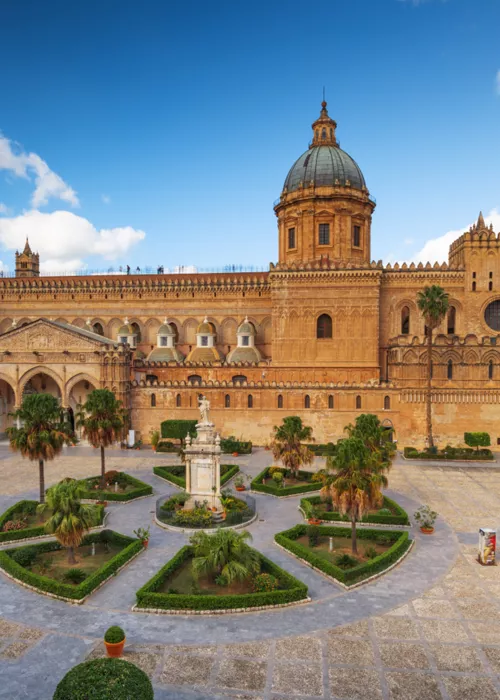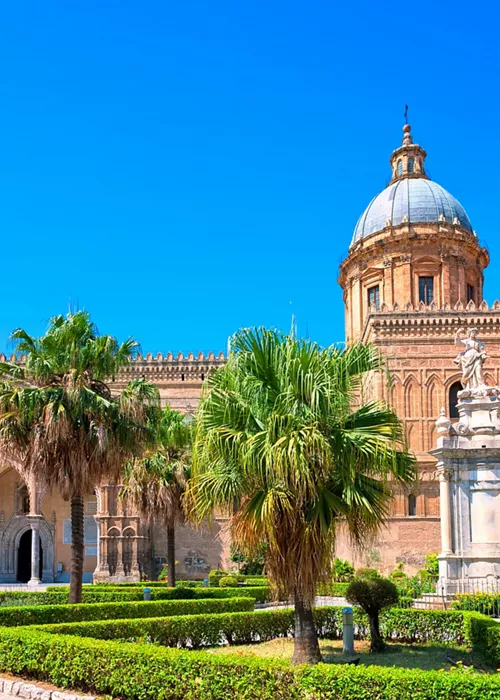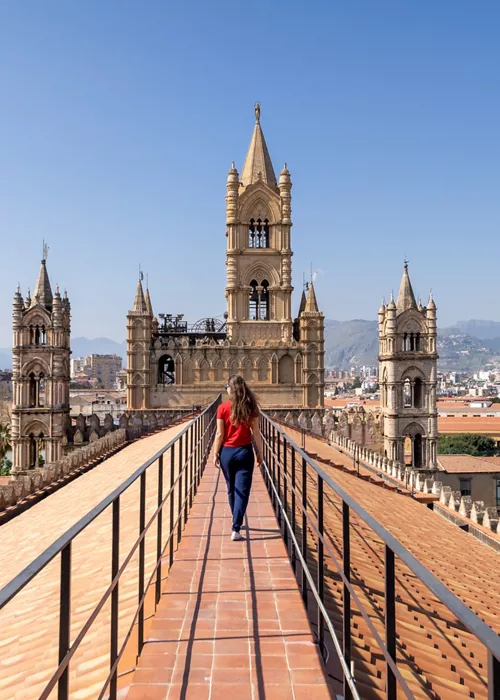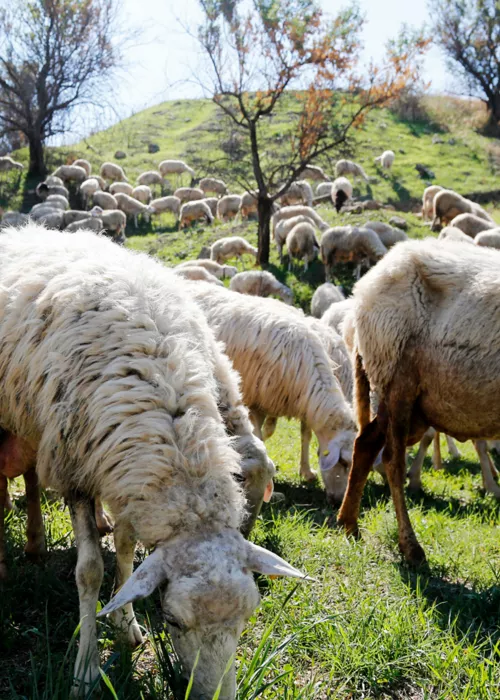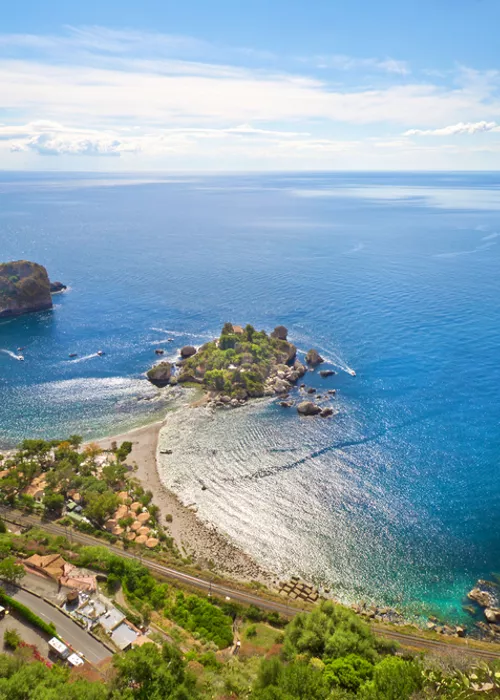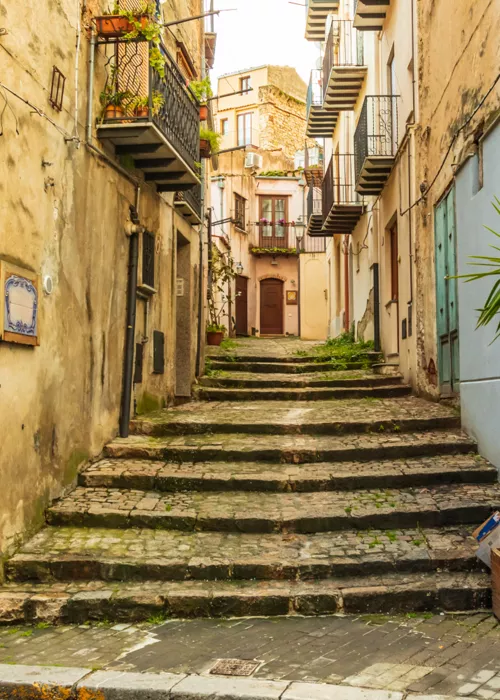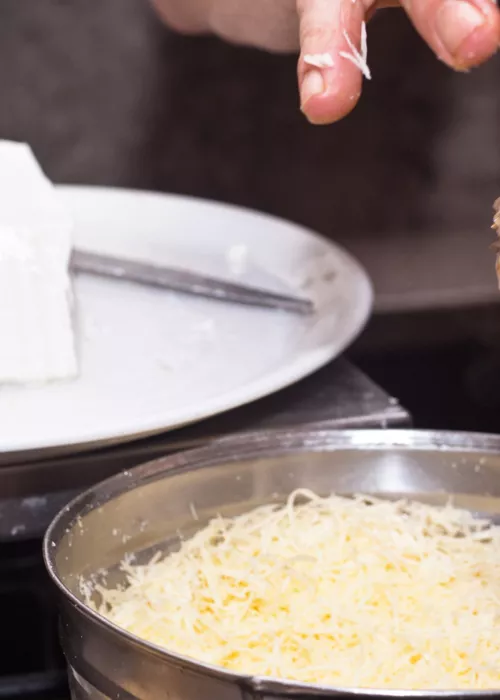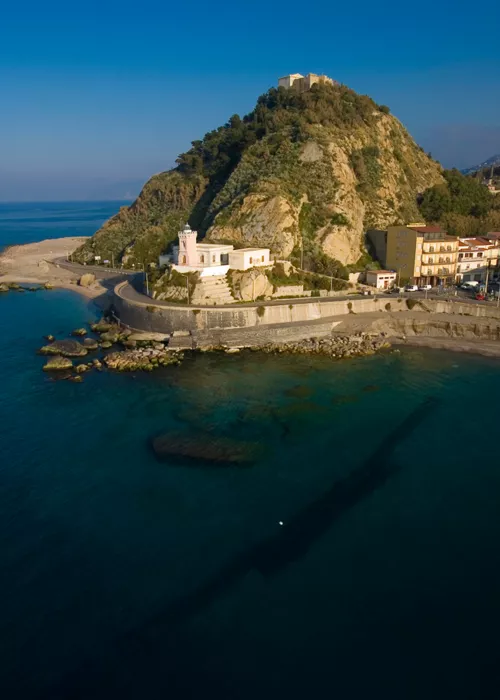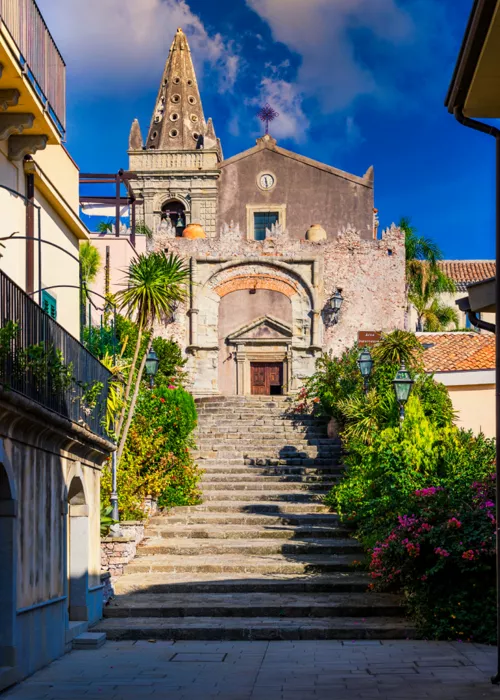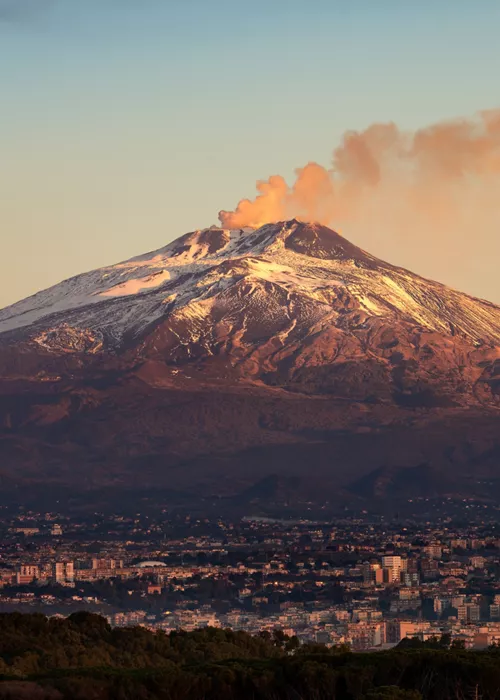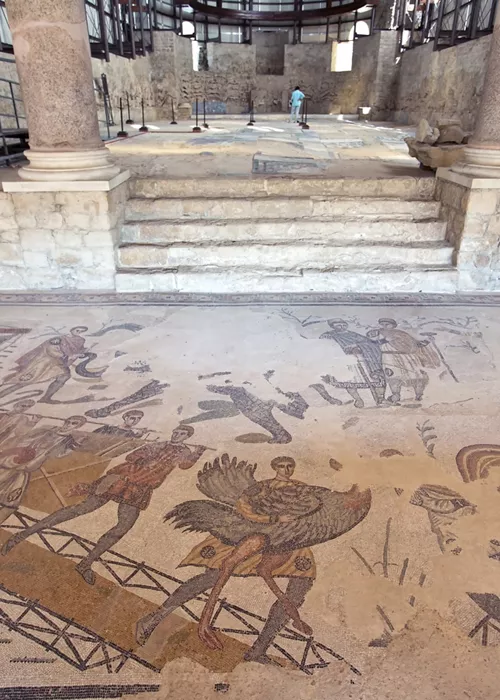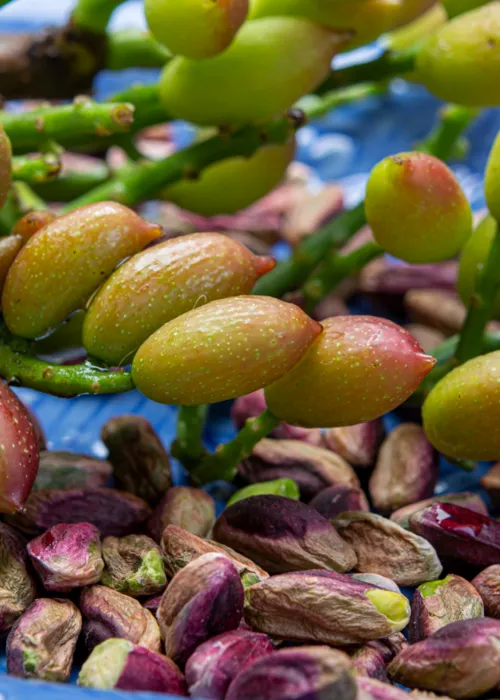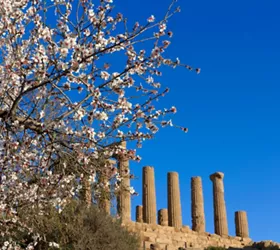Palermo street food: flavors and tradition among the alleys
2 minutes
According to the American Virtual Tourist network, Palermo ranks 5th among the world's street food capitals. A street food tour in the Sicilian city is a multi-sensory journey through scents, flavors, dialects, history and millennial culture. Historic markets such as Ballarò, the Vucciria, the Capo and Borgo Vecchio are the beating heart of this experience, where steaming stalls alternate with decaying buildings and vendor voices. Walking through the city's alleys is like walking through centuries of Arab, Spanish and Norman influences that still live on in the tastiest way possible: food. Bread and panelle, arancine, sfincione, frittola, babbaluci and many other flavors tell of a living, authentic and popular Palermo.
Palermo among the world capitals of street food

Palermo is considered one of the world's top cities for street food, taking 5th place in the international ranking compiled by Virtual Tourist. Street food here is not just a gastronomic trend, but a way of experiencing the city. In historic neighborhoods, local flavors meet popular traditions in a continuous exchange between culture and taste. Every corner becomes a stop on an authentic journey that tells the city's deep identity.
Historical markets: itineraries among history, folklore and flavors

Ballarò, the Vucciria, the Capo and Borgo Vecchio are the symbolic places of Palermo's street food. Here the markets are not just places to shop but living, noisy spaces full of smells and humanity. Mornings are perfect for a guided or independent tour, among colorful stalls and improvised kitchens. By day the heart of commerce, by evening they become places of nightlife and conviviality. To visit these markets is to traverse centuries of urban history, among cultures that overlap, contaminate and tell their stories through food.
The flavors of Palermo's street food

The variety of Palermo street food is extraordinary: bread with panelle and crocché, rascature, arancine, batter-fried thistles and artichokes, sfincione, frittola, quarumi and musso. Plus octopus, murici, sea urchins, babaluci and seasonal fruits such as prickly pears, watermelon and citrons served with salt. In winter, the streets fill with the smell of chestnuts roasted in the caliatore. Each product has a story, a dialect name, and a deep connection to the city's popular culture. It is food to be nibbled with the hands, standing, among the people: an urban ritual that makes you feel immediately a part of Palermo.


